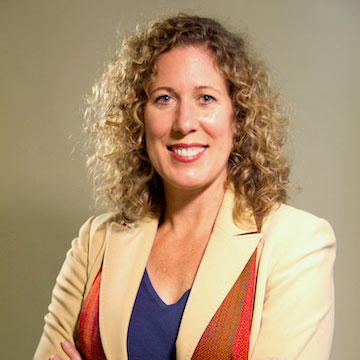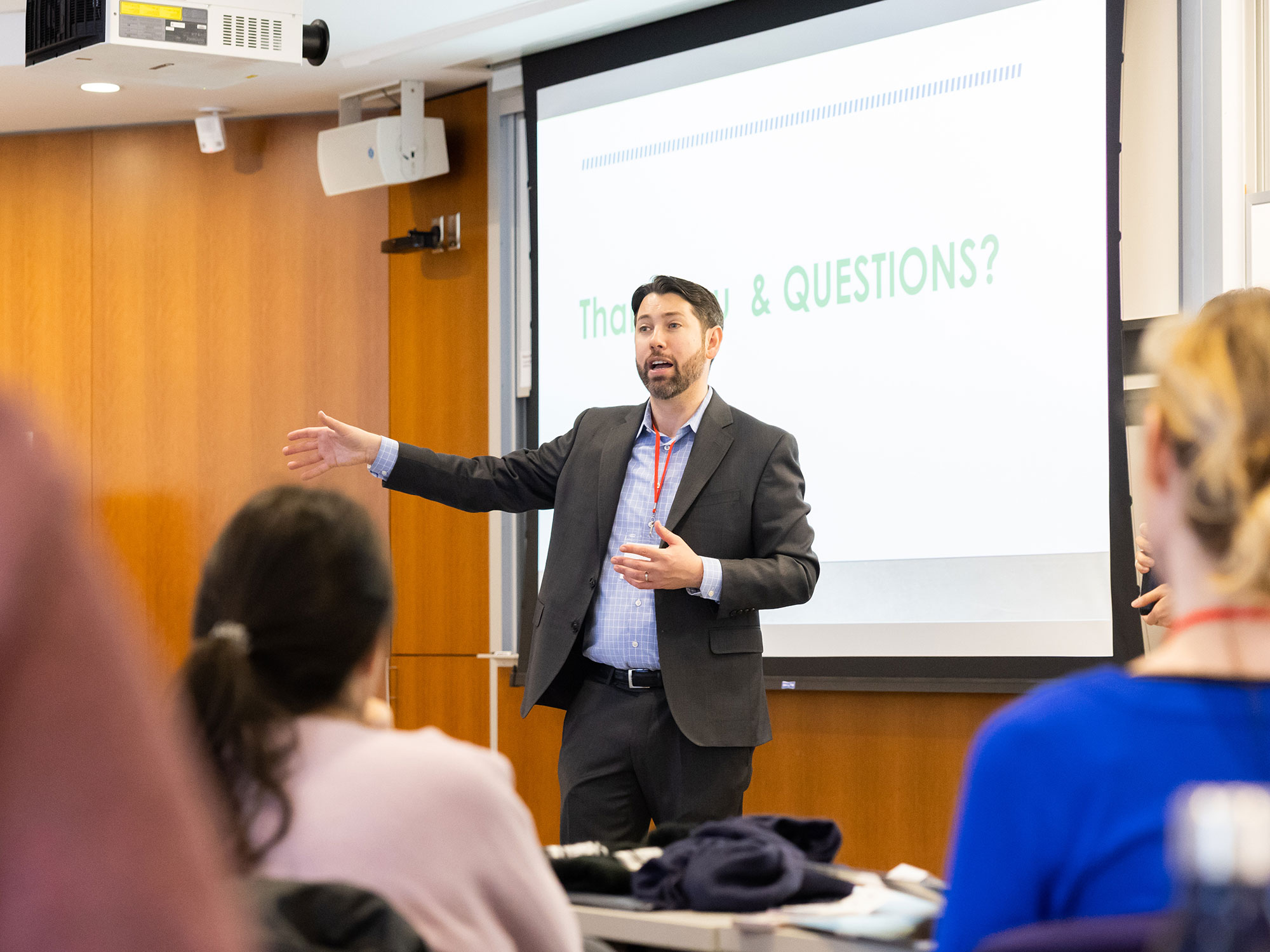Program Overview
Every organization needs strong leaders at the helm. Are you ready to take on the challenge? Management jobs are expected to grow 8 percent over the next several years, according to the U.S. Bureau of Labor Statistics. A master’s degree in management will provide a strong foundation for your professional future.
In the Management Master’s Degree Program, you will:
- Study the core elements of management, including accounting, organizational behavior, economic theory, finance, marketing, and strategy.
- Develop an advanced understanding of leadership, corporate responsibility, digital marketing, and business communications, including mediation and negotiation.
- Gain insight into the latest management theories and practices through case studies, group projects, and active learning experiences.
- Graduate with a Harvard University degree: Master of Liberal Arts (ALM) in Extension Studies in the field of Management.
Course Curriculum
As you work your way through the program’s core courses, you’ll deepen your knowledge of essential management concepts, tools, and strategies. Then, you’ll build on that foundation by selecting elective courses to tailor your experience, focusing on the areas that are most important to you. You can study part time, choosing courses that fit your schedule and align with your career goals.
Example Courses
- Microeconomic Theory
- Managerial Accounting
- Organizational Behavior
- Strategic Management
- Marketing Management
- Managing Yourself and Leading Others
- Storytelling with Data
- Emotional Intelligence for Impact
Stackable Certificates
As you work toward your master’s degree, you can take courses that also count — or “stack” — toward a graduate certificate. It’s a cost-effective, time-saving opportunity to build specialized skills and earn more professional credentials. For each certificate, you can choose courses that best fit your goals.
Some of the stackable graduate certificates include:
- Innovation and Entrepreneurship
- Marketing Management and Digital Strategy
- Organizational Behavior
- Project Management
- Real Estate Investment
- Strategic Management
For a full list of stackable graduate certificates, visit the Management Degree Requirements page.
Admissions
The path to your degree begins before you apply to the program. You’ll earn your way in through our performance-based admissions, completing coursework and earning credits toward your degree right away.
Next Start Term
You can enroll in your first admission course this fall. Course registration opens July 21.
Featured Faculty

Laura Wilcox
Director of Business and Management Programs

Henrik Totterman
Professor of Practice, Entrepreneurship and Management, Hult International Business School

Margaret Andrews
Founder, The MYLO Center and Managing Director, Higher Ed Associates

Nicholas Coburn-Palo
Preceptor in Public Speaking, Harvard University
Lee Bolman
Professor and Marion Bloch/Missouri Chair in Leadership Emeritus, Bloch School of Management, University of Missouri - Kansas City
Career Opportunities & Alumni Outcomes
Our management graduates work in a range of industries, including banking, consumer goods, financial services, energy, nonprofit management, and management consulting. They have also gone on to pursue further studies at such schools as Columbia University, Georgetown University, and Harvard Kennedy School.
Sample Alumni Job Titles
- Account Director
- Director of Asset Management
- Brand Manager
- Business Development Director
- Senior R&D Manager
- Director of Diversity and Inclusion
- Senior Manager, Data and Analytics
Sample Alumni Employers
- Accenture
- Apple
- Cisco
- Ernst & Young
- Fannie Mae
- Intel
- Pearson
- World Economic Forum
Program Benefits
Experience a rigorous curriculum. 98% of recent graduates would recommend the program.
Access career advising and other services through Harvard’s Mignone Center for Career Success, including career fairs like the annual Business and Consulting Fair and Harvard Startup Career Fair.
Explore entrepreneurial opportunities through the Harvard Innovation Labs.
Pursue paid research opportunities through the Faculty Aide Program.
Become a member of the worldwide Harvard Alumni Association (400,000+ members) and Harvard Extension Alumni Association (29,000+ members).
Tuition & Financial Aid
Learn more about the cost of attendance.
FAQs
What is the difference between a management master’s degree and an MBA?
These two master’s programs differ primarily in program length, price, cohort structure, and flexibility/accessibility. Our management master’s degree program offers many, if not all, of the same topics you would find in a traditional MBA program. However, we require fewer courses, a more flexible curriculum and schedule, as well as a much more affordable price tag.
To learn more about the difference from our program director, Laura Wilcox, read Master’s in Management vs. MBA?.
How long does it take to complete the management graduate program?
Program length is ordinarily anywhere between 2 and 5 years. It depends on your preferred pace and the number of courses you want to take each semester.
For an accelerated journey, we offer year round study, where you can take courses in fall, January, spring, and summer.
While we don’t require you to register for a certain number of courses each semester, you cannot take longer than 5 years to complete the degree.
What skills do you need prior to applying for the management master’s degree program?
There are no prerequisite skills required for admission to the management program. Most of our students come to us with more than 5 years of professional experience, and 75 percent have professional experience in management. If you complete the courses for admissions successfully and meet additional eligibility requirements, you will be admitted.
What can you do with a master’s degree in management?
Earning a master’s degree in management can prepare you for a range of career opportunities across diverse industries. Some of the common career paths include management consultant, human resource manager, operations manager, financial analyst, and entrepreneur.

